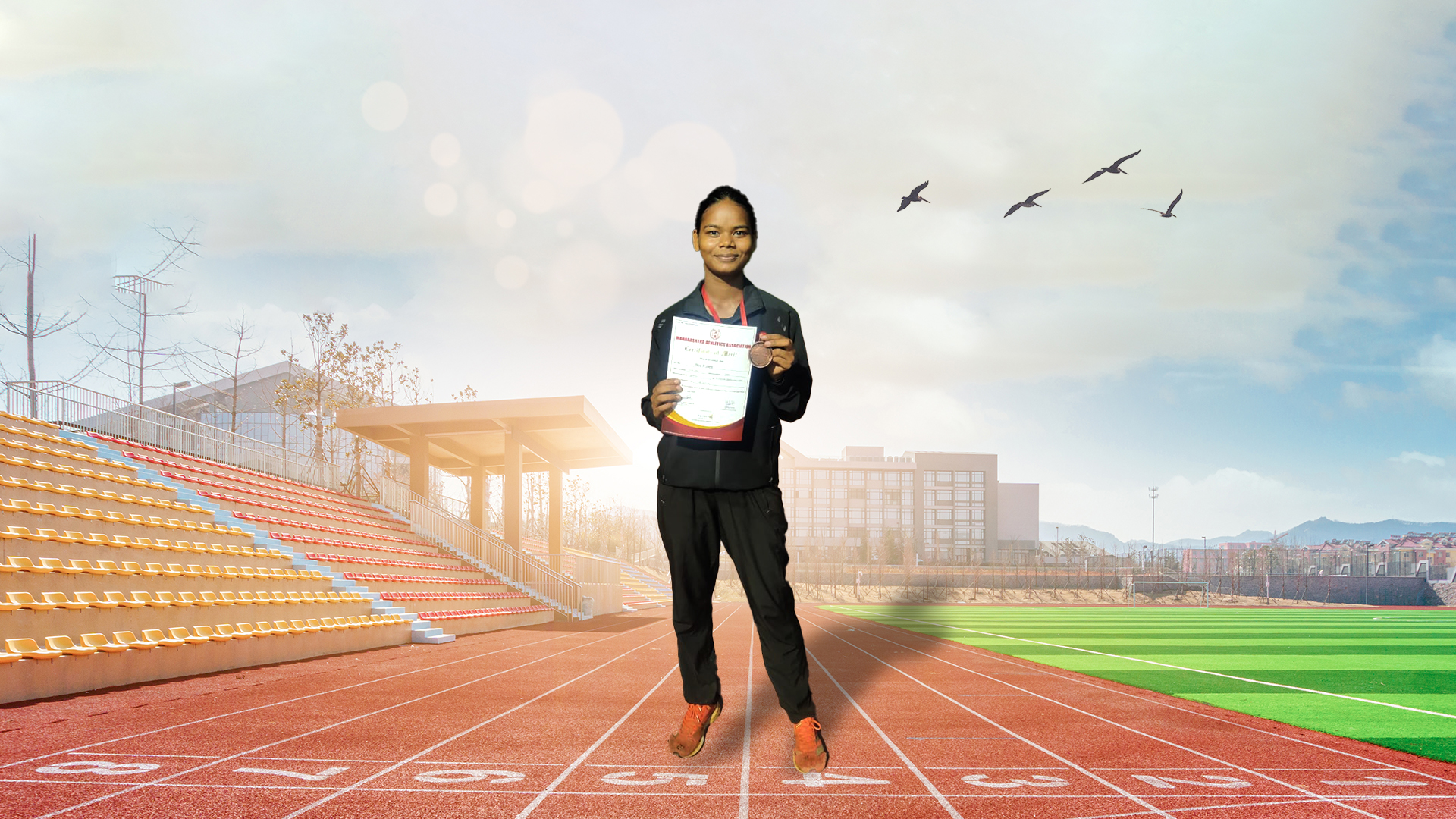Subscribe our Weekly Newsletter
Request for Proposal - Adolescent Health Promotion Programme

Organization: HCL Foundation
Apply By: 01 Feb 2021
Introduction:
HCL Foundation (HCLF) was established in 2011 as the Corporate Social responsibility arm of HCL Technologies in India. It is a value-driven, not-for-profit organization that thrives in contributing toward national and international development goals, impacting the lives of people and communities through long-term sustainable programs.
The Foundation aims to alleviate poverty and achieve inclusive growth and development through a life cycle-based integrated community development approach, with thematic focus on Education, Health, Livelihoods & Skilling, Environment and Disaster Risk Reduction & Response. Child protective strategies, inclusion, and gender transformative approaches remain central in all initiatives of the HCL Foundation, thus ensuring comprehensive development.
HCL Samuday
Established in 2015, HCL Samuday intends to develop a sustainable, scalable, and replicable model – a source code for economic and social development of rural areas in partnership with central and State Governments, local communities, NGOs, knowledge institutions and allied partners. We do this through optimal interventions across Agriculture, Education, Health, Infrastructure, Livelihood, and WASH (Water, Sanitation & Hygiene) in selected villages.
The program is designed to help the local people identify their problems, co-create solutions, and then implement the same on their own with professional support from team Samuday, thereby, lending the dimension of sustainability and ownership to the whole vision of development.
Adolescent Health
India has an adolescent population of 253 million, with every 5th person in the country in age group of 10 to 19 years. Girls aged 10-19 years comprise about 22% of the female population. Considered as the driving force, this cohort expected to play a defining role in writing the development narrative for the country in the coming decades.
A wide range of issues and concerns face adolescents in India, including nutritional deficiencies, reproductive health problems, sexually transmitted diseases, and mental and physical stress-related problems. Stress often results in the abuse of tobacco and other habit-forming drugs.
Recognizing the potential of the country’s large youth population and the importance of protecting and supporting adolescents’ health and well-being, the Government of India (GoI) called for a stronger health sector response to adolescent health in the early 2000s. In 2005, the Ministry of Health and Family Welfare (MoHFW) began the process of strengthening its programmes and systems for the advancement of adolescent health. This took shape initially in the Adolescent Reproductive and Sexual Health Strategy (ARSH Strategy) and, subsequently, in the Rashtriya Kishor Swasthya Karyakram (RKSK or National Adolescent Health Programme).
Adolescent Health Promotion Programme of HCL Samuday
Anemia is a serious public health challenge in India with more than 50% prevalence among the vulnerable groups such as pregnant women, infants, young children and adolescents. According to WHO the prevalence of anemia is 56% among adolescent girls, which in turn not only affects their performance at schools but also exposes them to multiple health risks. Besides anemia, about 43% of girls drop out from schools before completing secondary education because of poor sanitation facility in schools. 42% of girls use cloth rather than sanitary napkins during menstruation in India. 1.5 million girls in India get married before the legal age, girls who become pregnant as adolescents are at a higher risk of maternal and newborn diseases and deaths. Adolescent girls lack access to information and services affecting their health and wellbeing and are exposed to multiple layers of vulnerability due to existing social norms which further deeply affects their decision making in crucial subjects like education, health seeking behavior and marriage.
Thus, a multi-pronged approach focusing on planning, supply chain management, capacity building, behavior change communication, monitoring, review and evaluation we aim to improve the survival and health of those who need it most, especially women, adolescent girls and young children.
Objectives:
To reduce the prevalence of anemia in adolescents;
- Anemia screening in schools/AWCs/community at regular intervals,
- WIFS/IFA fortified food/Moringa supplement distribution
- Bi-annual deworming
To generate awareness for knowledge, practice and behavior change in terms of;
- Promotion of best practices for menstrual hygiene management
- Sexual and reproductive health
- Adolescent nutrition
- Life skills
Expected Outcomes
- Reduction in Adolescent malnutrition prevalence (improvement in BMI).
- Reduction in prevalence of iron deficiency anemia.
- Knowledge improvement and behavior change in terms of SRH including Menstrual Hygiene.
Project Duration
The project shall be started from 1st March 2021 and shall be completed by 30th June 2021
Geographical Location
For the Pilot phase 10 Gram Panchayats of Sursa Block in Hardoi district of Uttar Pradesh covering approximately 1500 adolescent girls
Who Can Apply
Non Profit Organisations with valid 12 A & 80 G certificates are preferred but the application is also open to Business firms/ for Profit Organisations
The organization should have atleast 2 years of expertise in the Thematic Area of the Work
Submission Details
Applicants are requested to duly fill in the Annexures and send it to the below mentioned email (saurabh.kg@hcl.com & Pallavi.k@hcl.com)
For any query, Please feel free to connect at saurabh.kg@hcl.com
For any technical query Please connect at pallavi.k@hcl.com
To download the full ToR, click here
Latest Online Store
Latest Grants
© Renalysis Consultants Pvt Ltd
























